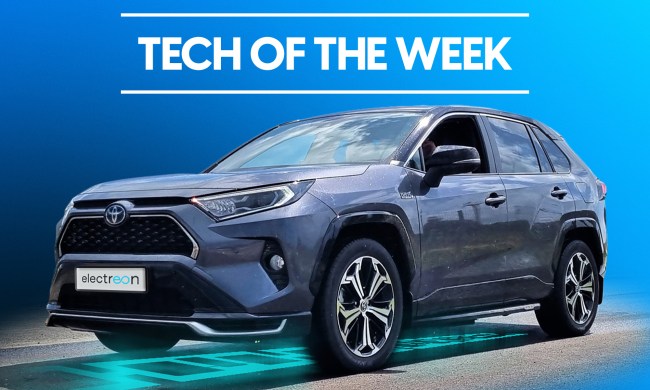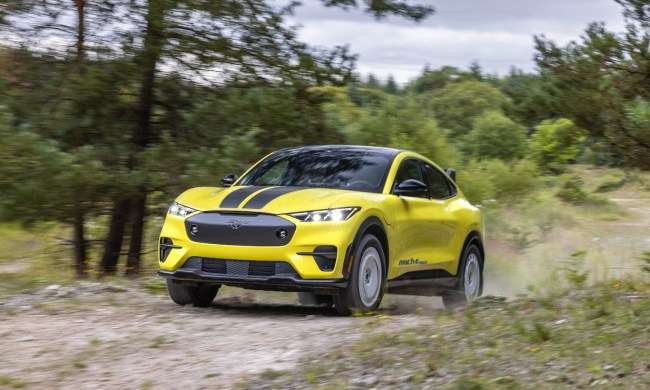Britain has announced that it plans to phase out the sales of gas, diesel, and hybrid cars by 2035 as part of a push toward only electric vehicles being sold in the country.
According to Reuters, the government announced the plan on Tuesday, which is five years earlier than initially planned. The push for an earlier ban is Britain’s attempt to reduce air pollution.
“We have to deal with our CO2 emissions,” Prime Minister Boris Johnson said on Tuesday. “As a country and as a society, as a planet, as a species, we must now act.”

Britain’s ban doesn’t mean there won’t be any gas, diesel, or hybrid cars on the road after 2035, since cars sold before then could be on the road following th enactment after the ban. However, the ban ensures that all new cars bought after 2035 will be electric only.
Aside from Britain, Reuters reports that France, Mexico, and Spain have all made similar promises to ban diesel or fossil-fuel-powered cars within the next decade or so.
The automotive industry is gearing for an electric revolution, as brands like Bentley promise all-electric models by 2023, and others like Mazda, Toyota, and Porsche follow suit with plans to add electric vehicles to their model lineups.
German automaker Daimler announced in September that it would end the development of combustion engines to focus solely on electric vehicles.
One of Daimler’s biggest and most popular brands is Mercedes-Benz, which sells fully electric vehicles, plug-in hybrids, and high-performance hybrids. By discontinuing gas and diesel engines, we may soon see a Mercedes-Benz lineup that is fully electric.
While foreign automakers and countries are making strides in the electric vehicle market, the U.S. hasn’t made any promise to weed out gas- and diesel-powered cars.
However, U.S. automakers are making their own pledges to include more electric vehicles in their lineups. Ford plans on an F-150 electric truck, and General Motors will introduce an electric pickup in 2021 as well.
In total, there are more than 40 EVs scheduled to reach car showrooms during the early 2020s, and they will all have more range, quicker acceleration, and better in-car tech.



